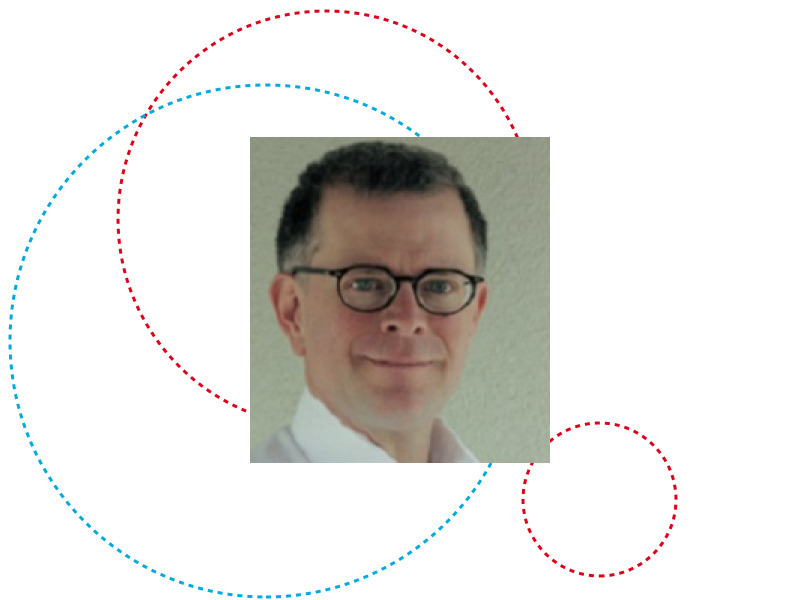Abstract:
Blood is a complex fluid composed of red and white cells suspended in a protein solution called plasma. At low shear rates, red blood cells form aggregates, which are broken up at high shear rates, resulting in pronounced shear thinning. Nevertheless, in most medical simulations, blood is treated as a Newtonian fluid comparable to water. However, thanks to recent advances in numerical simulation techniques and experimental methods, it is now possible to describe the flow of blood in terms of the physical properties of individual cells. Red blood cells can pass through capillaries smaller than their own diameter, thanks to their high deformability. This implies a strong interaction between fluid and structure that makes simulations costly and realistic simulations are limited to a few thousand cells. We will present in vitro, in vivo and in silico results of cells in different flow geometries. By directly comparing the observed shapes, we can estimate the mechanical constants of the cells. However, in many pathological situations, the cell properties are highly altered, and we have used our artificial intelligence-based recognition algorithm to develop a tool that can assess, for example, the quality of blood products.
Finally, we will show that a well-established nonspecific diagnostic test for inflammation, the erythrocyte sedimentation rate (ESR), can be physically described as a new class of fragile gel made of very soft, deformable objects. We find that sedimentation rate has a surprising functional relationship with interaction strength and propose new evaluation criteria for this test.
About the speaker:
Christian Wagner studied physics at Saarland University and received his PhD there in 2000 on the topic of self-organization in non-equilibrium systems. He then worked as a post-doc with a Marie Curie fellowship at the Ecole Normal Superieure in Paris and moved then the research and development department of Agilent Technologies, Karlsruhe, Germany to work on a joined venture together with Caliper Ind., Palo Alto, USA. He became an assistant professor of experimental physics at Saarland University in 2003 and received renewed calls from Bayreuth University in 2007 and RWTH Aachen University in 2017, but declined both of them. His main field of research is the flow dynamics of complex and biological fluids. In 2008, Christian Wagner assumed responsibility for the integrated study program in physics. In the beginning he lectured regularly at the University of Lorraine and since 2016 he has been an invited professor at the University of Luxembourg. He served also on several administrative positions such as dean and vice-president and is currently the chief digital officer of Saarland University. During his career, Dr. Wagner has received numerous awards, including the Landespreis für Hochschullehre in January 2009, the Phönix Pharmazie Wissenschaftspreis in March 2013, the Ars legendi-Preis Fakultätenpreis Mathematik und Naturwissenschaften in April 2014, and the Wissens-schaftspreis der Großregion in 2022. Since 2019 he has been spokesperson of the DFG research group FOR 2688 Intabilities and Bifurcations in Pulsating Flow
